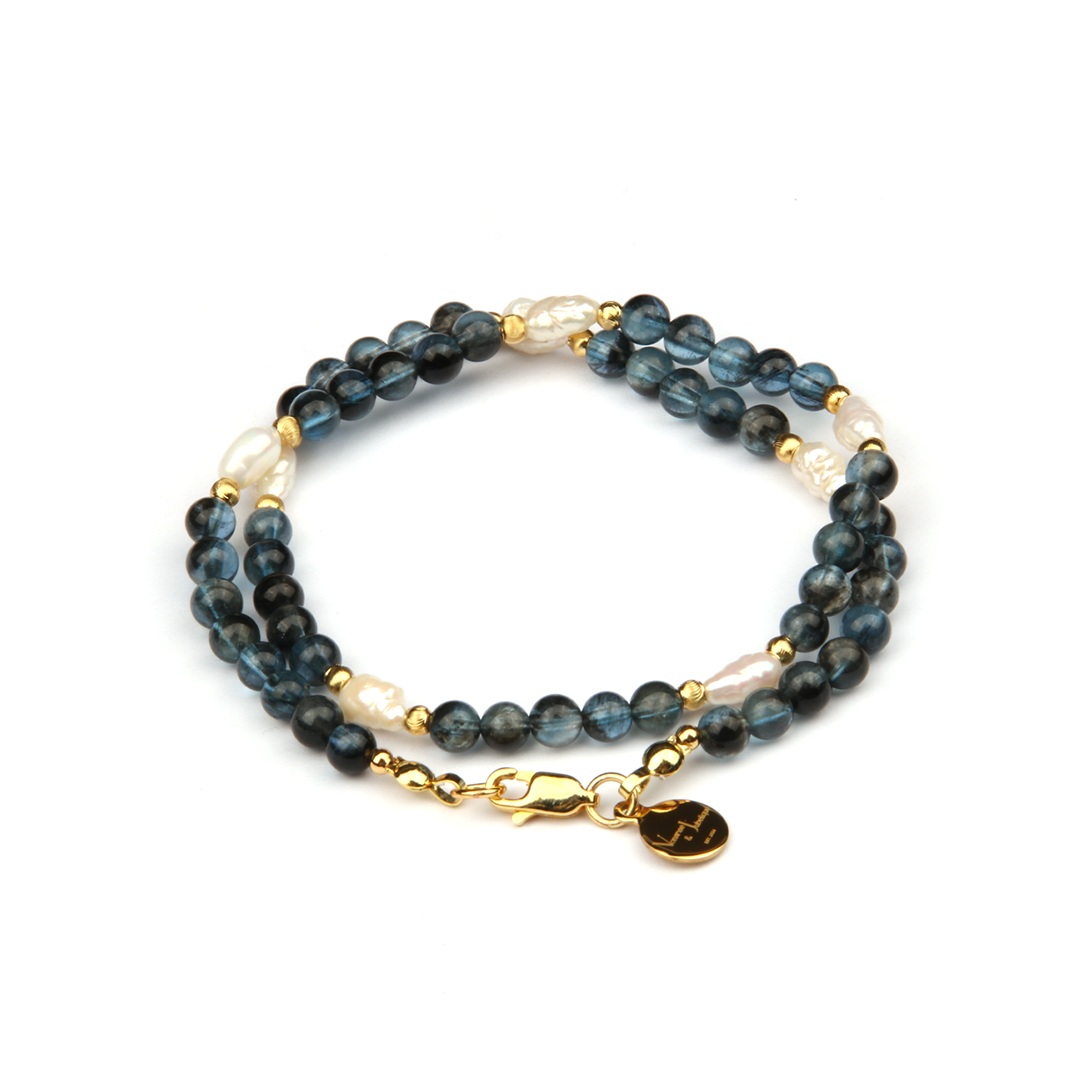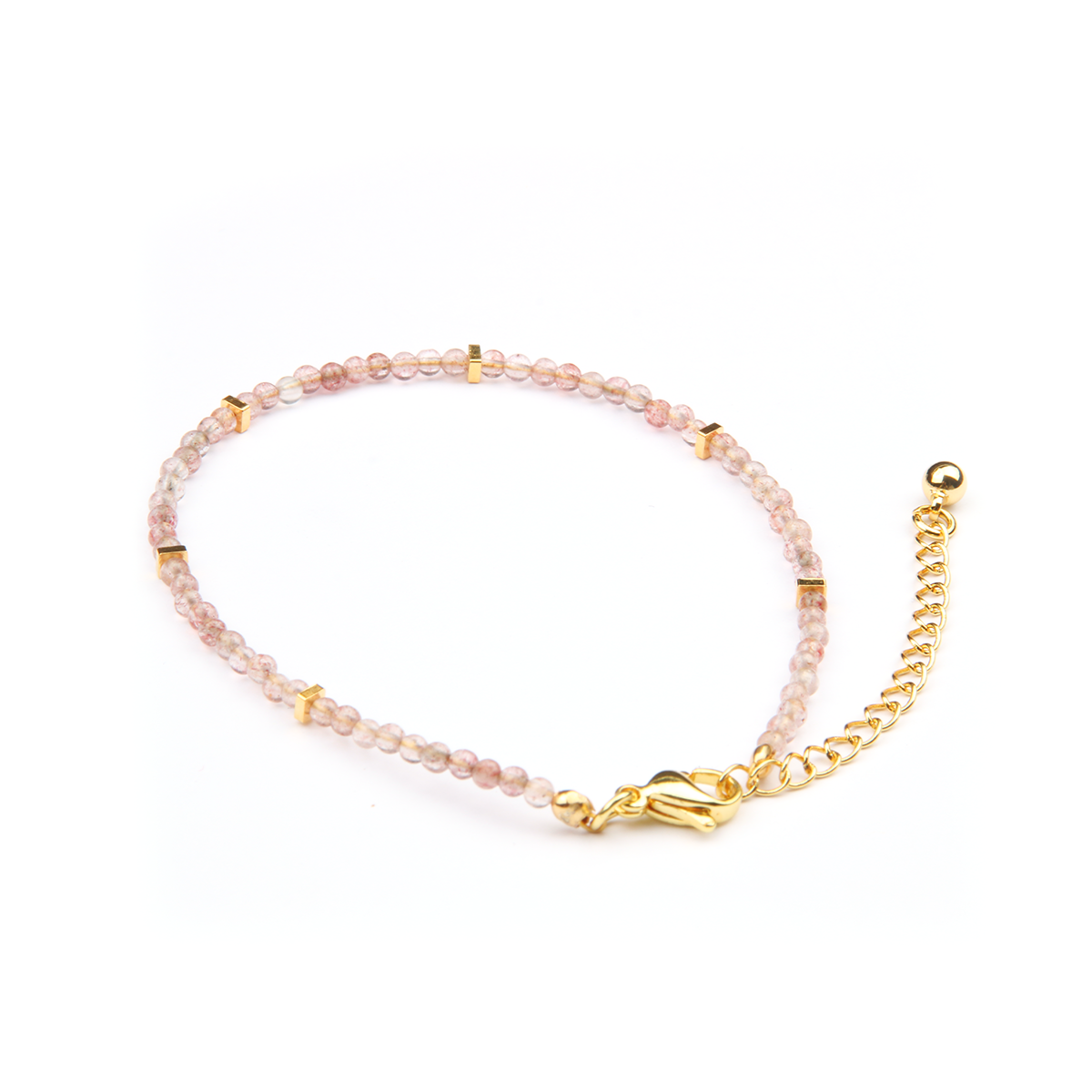Bloodstone
The Gemstone of Mystique
Origins of Bloodstone
Bloodstone, also known as heliotrope, is primarily found in India, Brazil, Australia, the United States, and Madagascar. The finest quality bloodstones typically come from India, where they have been revered for centuries. This cryptocrystalline quartz variety of chalcedony is known for its deep green body color speckled with red iron oxide inclusions, resembling droplets of blood.
Formation Process of Bloodstone
Bloodstone forms in silica-rich environments, often as a result of hydrothermal activity within volcanic or sedimentary rock formations. The green coloration comes from chlorite or amphibole mineral inclusions, while the red specks are caused by hematite or iron oxide deposits. Over thousands of years, these minerals crystallize into the characteristic opaque stone recognized today.
Cultural Significance and Meaning of Bloodstone
Throughout history, bloodstone has been associated with protection, vitality, and strength. In ancient Mesopotamian and Greek cultures, it was believed to have healing properties and was often used in amulets. Medieval warriors carried bloodstones engraved with symbolic inscriptions to provide courage and protection in battle. In modern metaphysical practices, bloodstone is said to enhance endurance, purify energy, and stimulate circulation.
Market Value and Rarity
Bloodstone is relatively affordable compared to other gemstones, though its price depends on factors such as color saturation, size, and the prominence of red inclusions. Stones with a rich, dark green base and well-defined red spots are the most valuable. Prices typically range from $5 to $50 per carat for polished pieces, while high-quality specimens and intricately carved bloodstone jewelry can fetch higher prices.
Bloodstone Properties
External
Career & Success
Leadership & Power
Relationships & Communication
Love & Compassion
Inner
Resolution
Initiation
Birth month

Zodiac



Element

Chakras

Planet

Mohs Hardness
6.5-7
Click to copy the Bloodstone properties
Jewelry Uses and Fashion Tips
Bloodstone is often used in rings, pendants, and beaded bracelets due to its durability (Mohs hardness of 6.5-7). It pairs well with silver and gold settings, offering a striking contrast between the deep green hues and metallic tones. To incorporate bloodstone into daily wear:
-
Pair a bloodstone ring with earthy-toned outfits for a grounded, natural look.
-
Layer a bloodstone pendant with other gemstone necklaces for a bohemian aesthetic.
-
Wear bloodstone bracelets alongside wooden or leather accessories for a rustic touch.
Best Pairings with Other Gemstones and Materials
Bloodstone complements other gemstones and materials both aesthetically and energetically:
-
Carnelian – Enhances vitality and energy while creating a warm color contrast.
-
Onyx – Provides a sleek, monochromatic pairing for a bold statement.
-
Tiger’s Eye – Balances protection and motivation, perfect for grounding energy.
-
Gold – Enhances the richness of bloodstone’s deep green and red hues.
-
Wooden Beads – Complements bloodstone’s earthy energy for an organic look.





Crystal Color Palettes for Artistic and Fashion Inspiration
Bloodstone’s rich green and red hues can inspire bold and dynamic color palettes for fashion, interior design, or art:

-
#014421Dark Forest Green– Reflects bloodstone’s primary color.
-
#DC143CCrimson Red – Matches the vibrant red iron inclusions.
-
#333333Deep Charcoal Gray – Adds contrast and depth.
-
#D4AF37Antique Gold – Complements bloodstone when paired with metal settings.
-
#8B4513Rustic Brown– Evokes a natural, earthy feel.
Bloodstone has been treasured for centuries for its protective and healing properties. If you could design a piece of jewelry or an artifact using bloodstone, what would it be and what personal meaning would it hold for you?
You can freely share your thoughts in the comments!







Share:
Aquamarine Gemstone Guide: Properties, Rarity, Pricing, Jewelry Uses & Stylish Tips
Lace Agate Gemstone Guide: Properties, Rarity, Pricing, Jewelry Uses & Stylish Tips